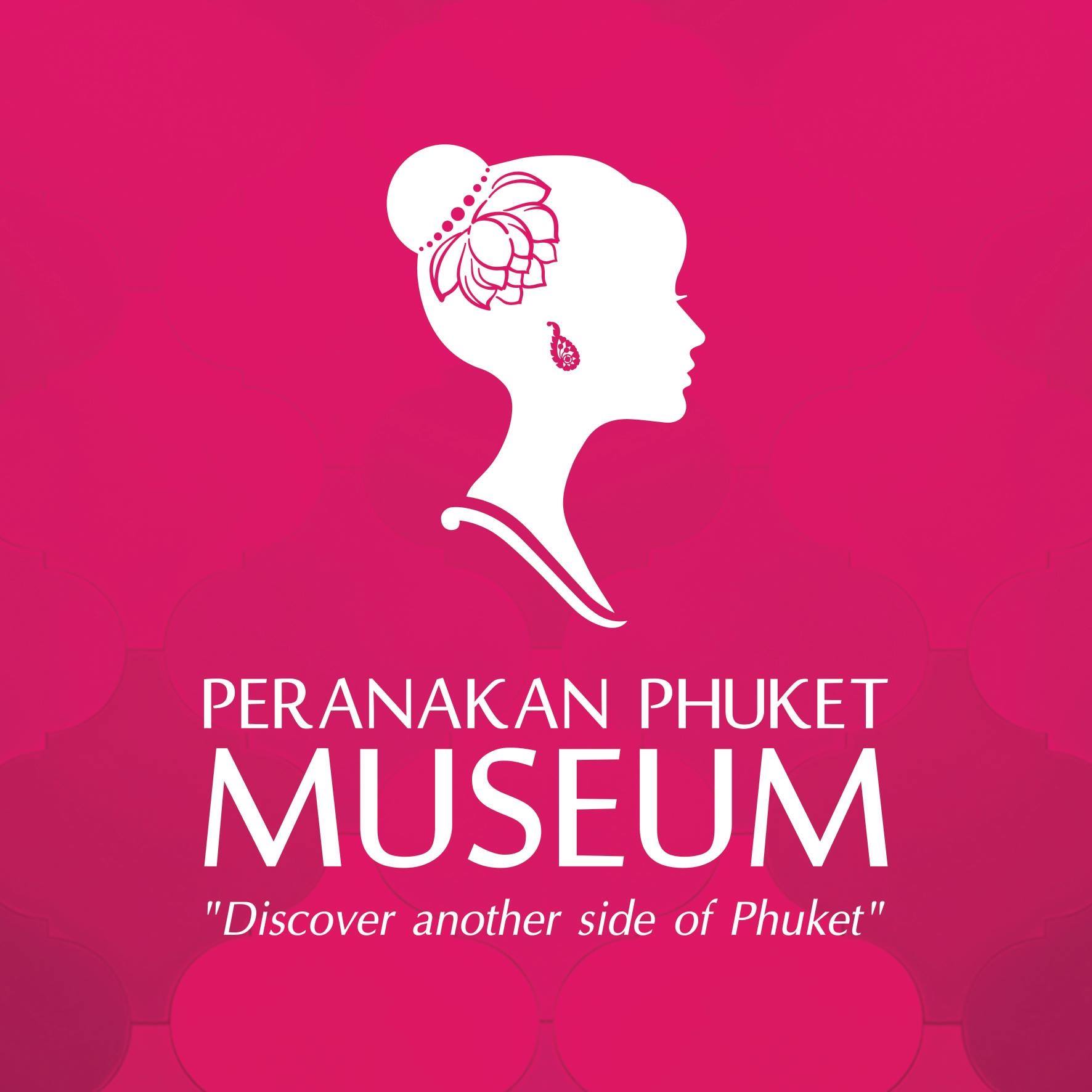 PPM Audio Guide
PPM Audio Guide
During the 19th century, scientists have discovered the use of tin in plating metals to protect them from rust and corrosion. Additionally, its non-toxic nature makes it suitable for food container i.e. tin cans. This discovery gave rise to the demand for tin in Europe so much that the Thai government permitted citizens to mine tin freely resulting in a tin rush on Phuket island which consequently led to labour shortages. To counteract the problem, Phuket governor then hired Chinese from Fujian region to cover the shortages. During the reign of King Rama III (1836), people in China suffered from bad economy, civil war and natural disasters. A large number of Chinese from Fujian region sailed down to Southeast Asia and settled down in Singapore, Melaka, Penang and eventually Phuket. The richness of natural resources in Phuket namely tin provided opportunities for residents to build their wealth firmly especially the Chinese who are known to be hardworking, prudent and skillful in trading. A number of Chinese migrants permanently settled down and become proud owners of a tin mine in Phuket. As a result, the cross-culture between Thai and Chinese in Phuket was formed, the so called: Peranakan Phuket or Baba Phuket.